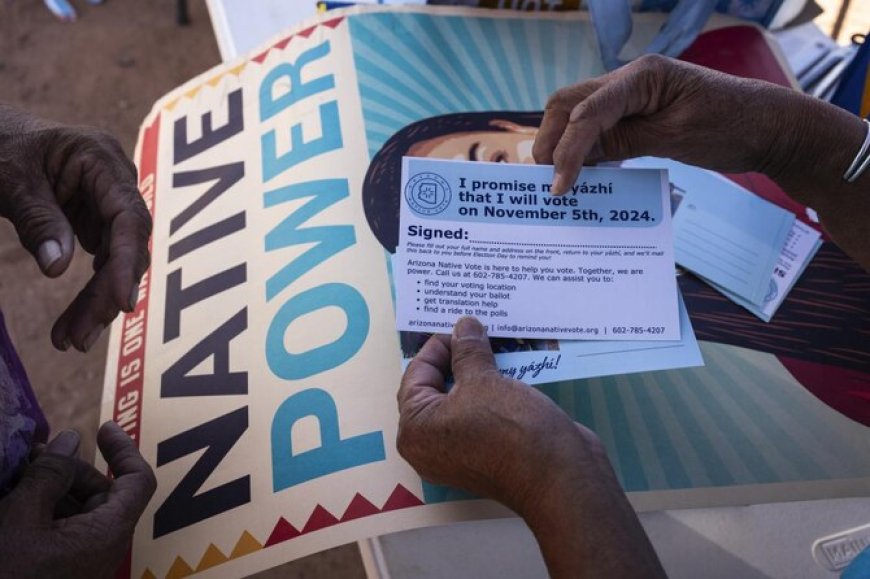study shows voting for Native Americans is a hard challenge

According to a recent Brennan Center for Justice report, especially on tribal grounds, Native American voters encounter major obstacles to involvement in federal elections. The study, which concentrated on 21 states with federally recognized tribal territory, found that voter turnout was consistently lower in these areas—7% lower in midterms and 15% lower in presidential elections—than in those living off tribal lands.
Systemic issues include a lack of suitable polling sites, limited access to early and mail-in voting, and the specific problem of atypical addresses on tribal grounds, thereby making it difficult to get mail-in ballots, contribute mostly to these discrepancies. Further challenges come from lengthy distances to polling places and limited choice of transportation. Notwithstanding legal clauses in some jurisdictions, many Native Americans find their voting hampered by limits on utilizing tribal IDs.
Moreover, the research highlights a more general problem of insufficient data collecting on Native American voters since many surveys, especially in tribal areas, fail to fairly depict the political preferences of these groups. Lack of knowledge and representation can aggravate mistrust of the system, therefore affecting turnout.
Proponents contend that fixing these problems and raising voter participation for Indigenous people depend on the passing of the Native American Voting Rights Act, which seeks to provide fair voting access on tribal territories.













































